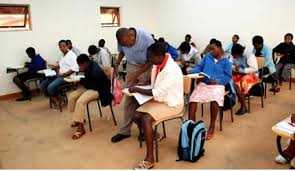
Pondai B Shozhera
For years, Zimbabwe’s educational system has been the pride of the continent with the country turning into a major source of skilled professionals, some of whom have moved into the diaspora, making developed economies tick.
However, all the allure has been eroded as the same system has seen a systematic pulverisation through underfunding and several other negatives that have taken away all the lustre.
The outbreak of Covid-19 a few years back did not help matters as already-collapsing institutions were forced to stop face-to-face learning, which was something new to thousands of learners.
The teacher-pupil ration has exploded beyond 1:50 in most public institutions as school authorities reportedly receive kickbacks to get learners into the schools.
Teachers are battling to attend to these ballooning classes for miserable salaries, whose improvement they have shouted their voices hoarse about.
The demoralised teacher has found survival means by introducing extra lessons, mostly done within the schools themselves. This has threatened the formal education system where the teachers get paid by government for their services.
During some holiday breaks, learners, especially examinations classes, have attended vacation school to try and cover key sections of their syllabi.
Towards the end of the first school term, the Ministry of primary and Secondary Education issued a directive against vacation school across the country.
Announcing the ban, Permanent Secretary in the Ministry of Primary and Secondary Education, Moses Mhike said that the term had progressed well with no hindrance hence there arises no need for vacation school.
“Having consulted widely on the matter and taking cognisant of the fact that the school term had no disturbances at all to the teaching and learning program, therefore, authority is NOT GRANTED that schools facilitate a Vacation School.
“Pupils needs this holiday break to rest and engage in independent learning where need be,” Mhike said.
The Amalgamated Rural Teachers Union of Zimbabwe scoffed at the ban, demanding the reinstatement of vacation school, but with a focus on education, not profit. Artuz added that the “ruling elites” sent their children to well-equipped private schools and exclusive learning centres, while simultaneously denying the underprivileged access to supplementary education.
“This is a deplorable act of discrimination that perpetuates an unequal society. The privileged enjoy every advantage, while the majority languish in educational deprivation.”
Progressive Teachers’ Union of Zimbabwe secretary-general, Raymond Majongwe argued that extra lessons are good for learners.
“The most important question we are asking is: Why does the government want to criminalise good effort? No teacher is spending time with learners to dampen their performance. Extra lessons are in good intent. Which law criminalises teaching?
Related Stories
“Teachers are professionals and they are practising what they are trained for. Have we seen soldiers and cops being penalised for offering their services privately? Why does the government hate teachers so much?
“Government should tell us the law under which it is banning holiday lessons. We are ready to challenge whoever harasses teachers for practising their profession.
“Has government been charged for failing to provide basics to schools as enshrined in the Constitution?” he asked.
Some learning institutions have reportedly defied the ban with the MoPSE saying about 0.001% defied the ban, warning them: “The Ministry of Primary and Secondary Education emphasises the importance of compliance with the directive regarding the vacation school during the April holiday.
“Schools that violate this directive may face appropriate disciplinary measures. It is crucial to prioritise the well-being and independent learning of pupils during this break,” said Communications and Advocacy Director in the MoPSE, Taungana Ndoro.
Some parents think that the problem – which they allege is structural - is deeper than it seems and some have said pointed at the deterioration in the education system as the problem.
“I think the MoPSE is not sincere in what they are doing to the education fraternity. If run well, the education system has much potential to regulate itself.
“It’s the decay in the Zimbabwean education system that must be dealt with in order for the teachers and learners to go on holiday. Hapana asingadi holiday but it’s the rot that is forcing teachers and learners to do lessons throughout the year.”
Some have alleged that the ban on vacation school has fueled the “black market” for extra lessons as public schools have heeded the ministry’s directive.
A number of factors have made the school environment an option for most parents. The streets in residential areas have become jungles with drugs and substance abuse.
“I will speak of myself and colleagues who hail from south of Samora Machel Avenue (high-density suburbs) of the capital. All the suburbs have become havens of drugs and dangerous substances. I go to work and so does my wife. I cannot leave my child at the mercy of these drug users and would prefer that he be in a school environment for the better part of the day,” Sam Chingosho of Mbare.
However, Stanley Mumvuri, a cross-border trader from Chitungwiza’s Unit F put the blame squarely on government, arguing that poor salaries and conditions of service have driven teachers into the extra lessons craze that has earned them quite some dollars, especially those stationed in urban areas.
“Teachers are underpaid that vacation school is an alternative source of livelihood,” said Mumvuri, adding: “Those in rural areas are unfortunate because most parents there are subsistence farmers who cannot afford the extra fees.”
In certain cases, however, teachers have found premises such as churches where they are conducting lessons.
In an earlier piece in this publication, we raised the issue of compliance, arguing that the MoPSE would find it difficult to police the primary and secondary schools across the length and breadth of the country.
“There is nothing new in what the ministry has been saying. We will just listen and then go on with sending our children for lessons lest they be failure statistics at the end of the day. Government will not help you in any way when your child fails,” said Shylet Chinoda, who is a vendor and has a child in Grade Four at a Kuwadzana primary school.










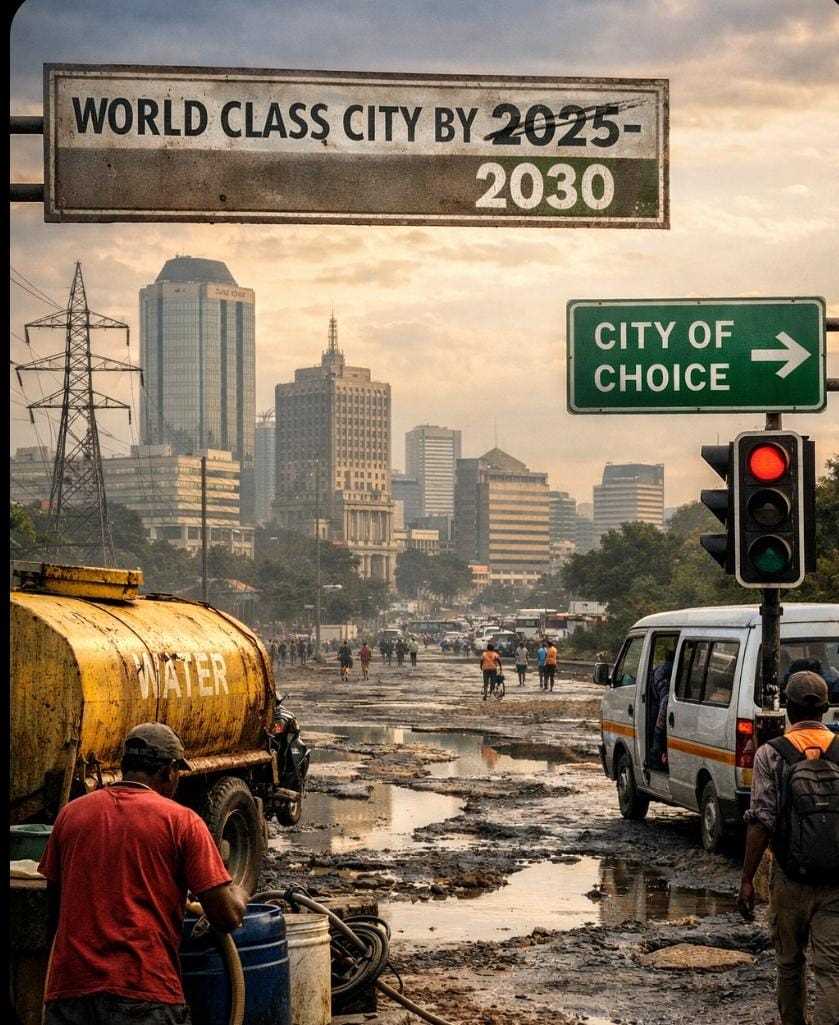
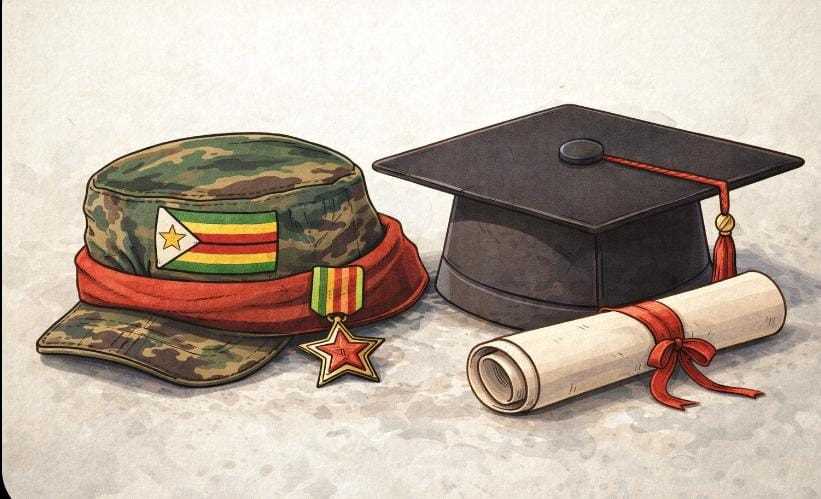
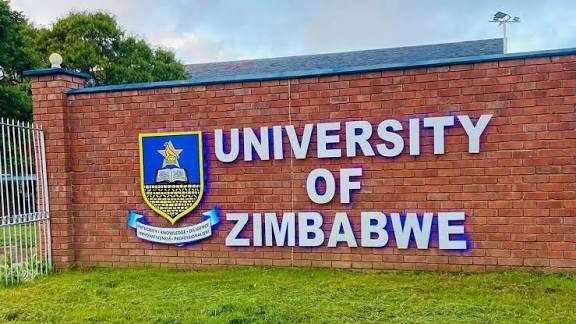

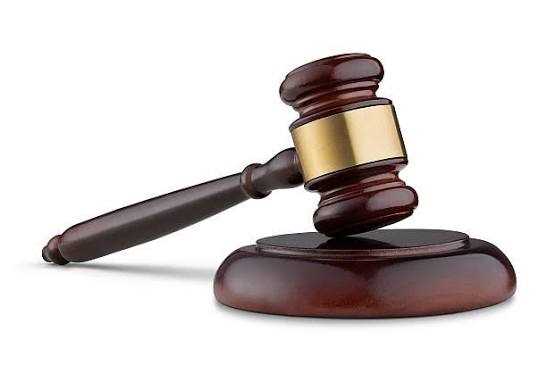



Leave Comments